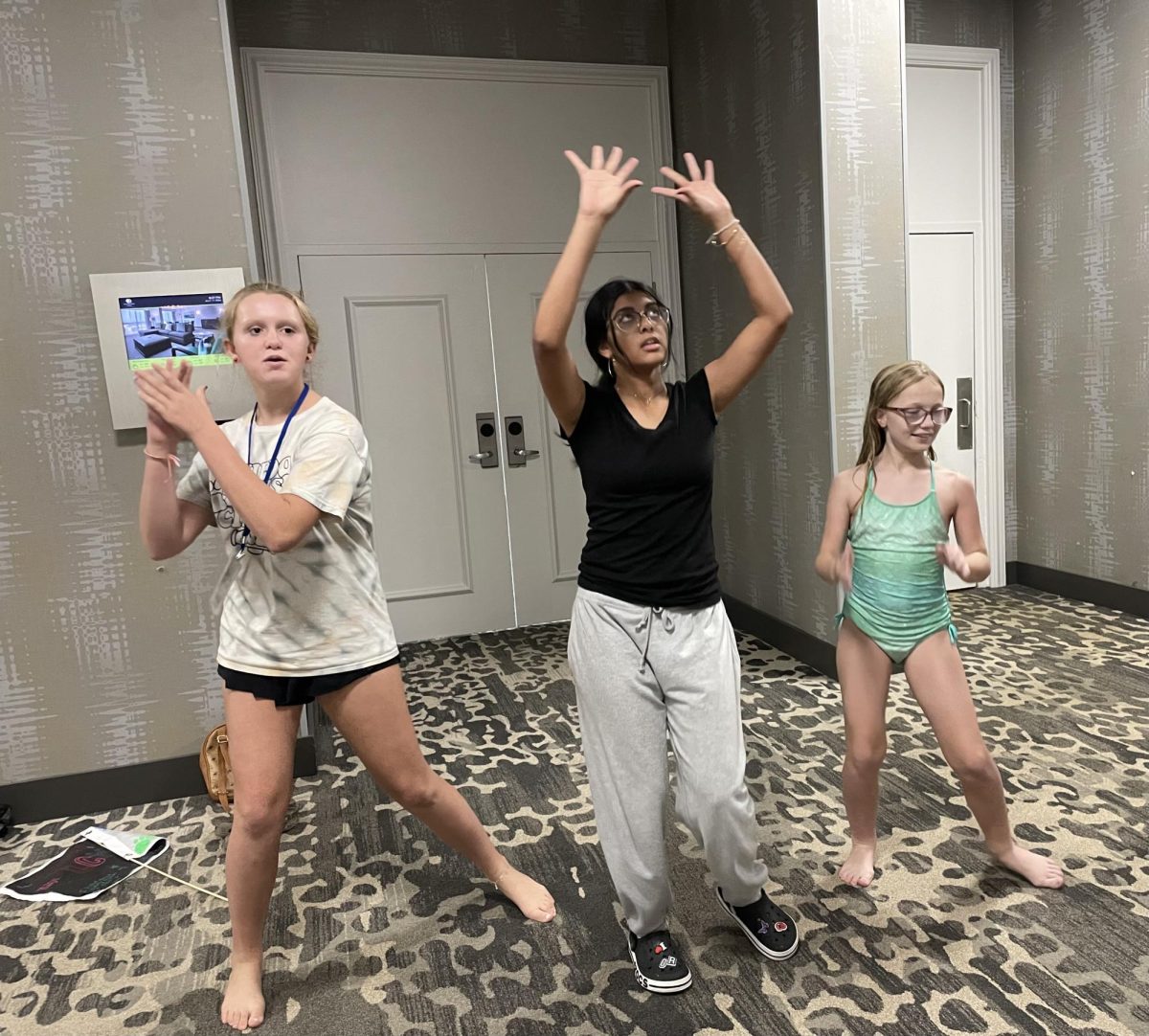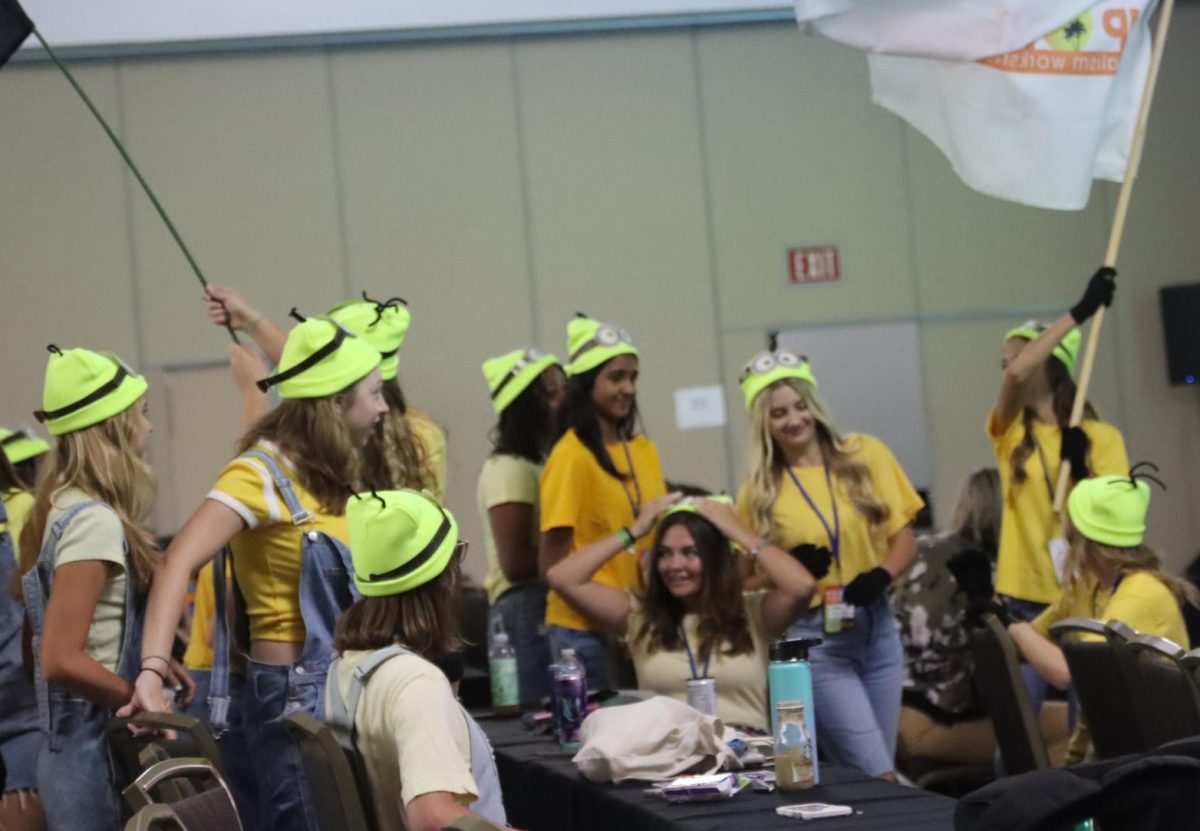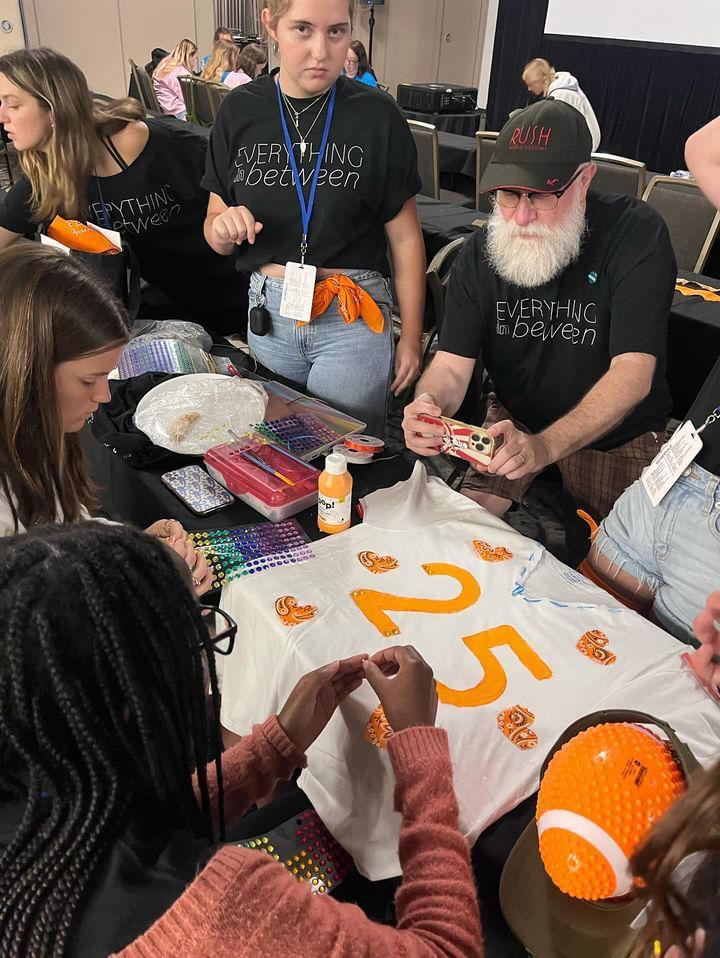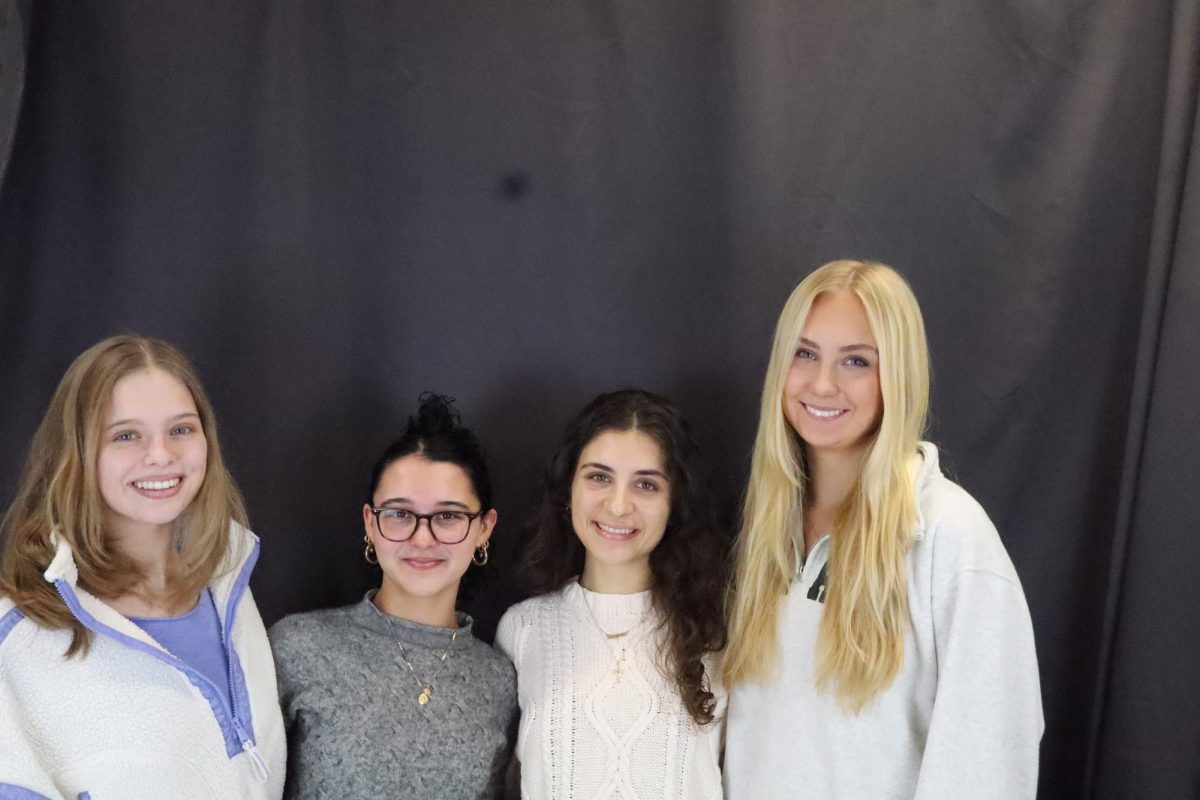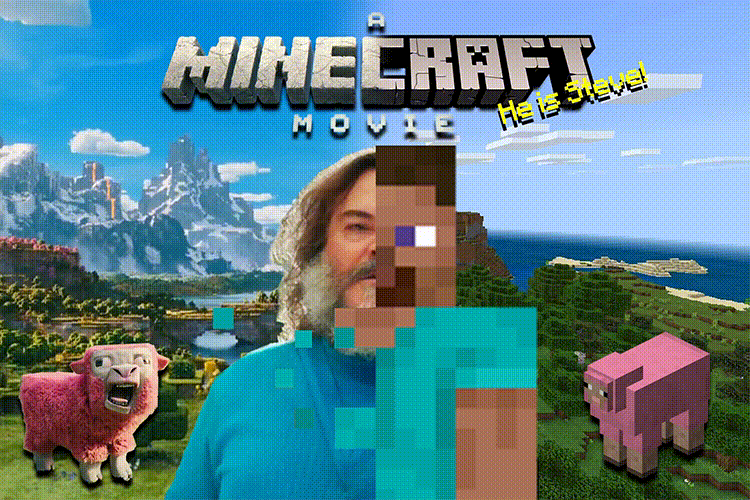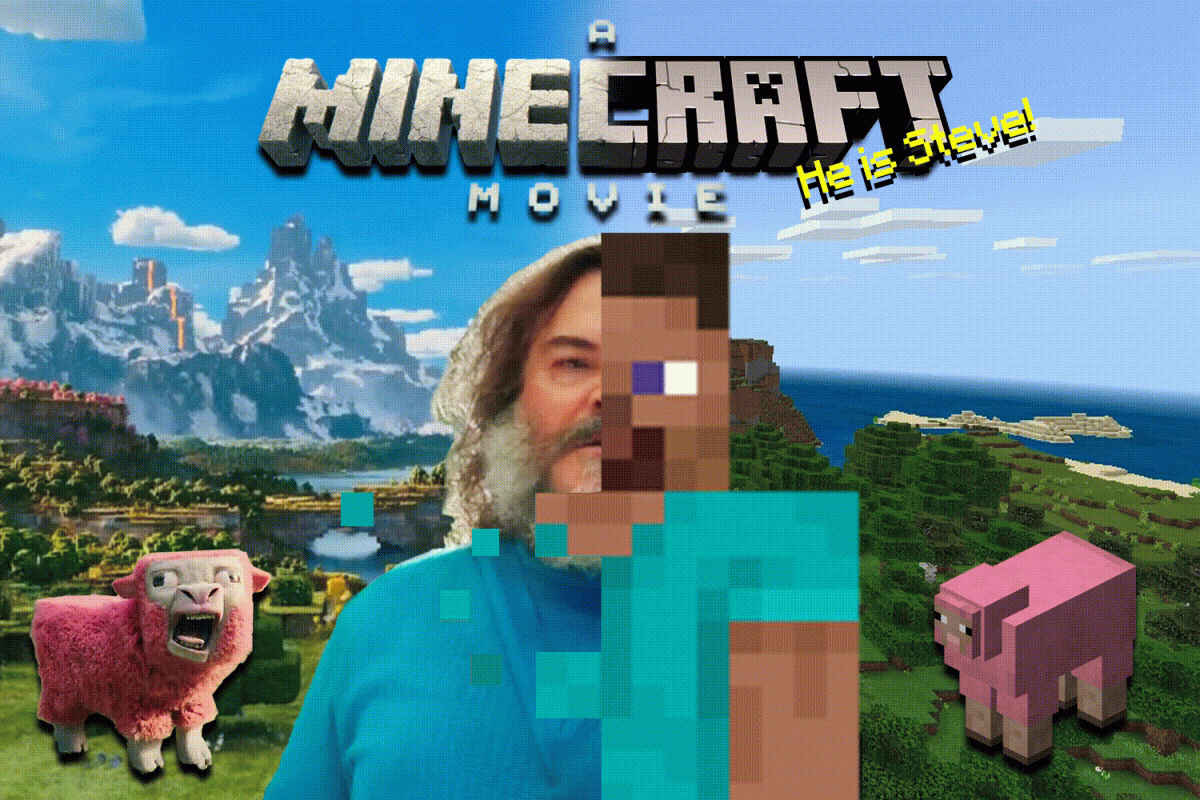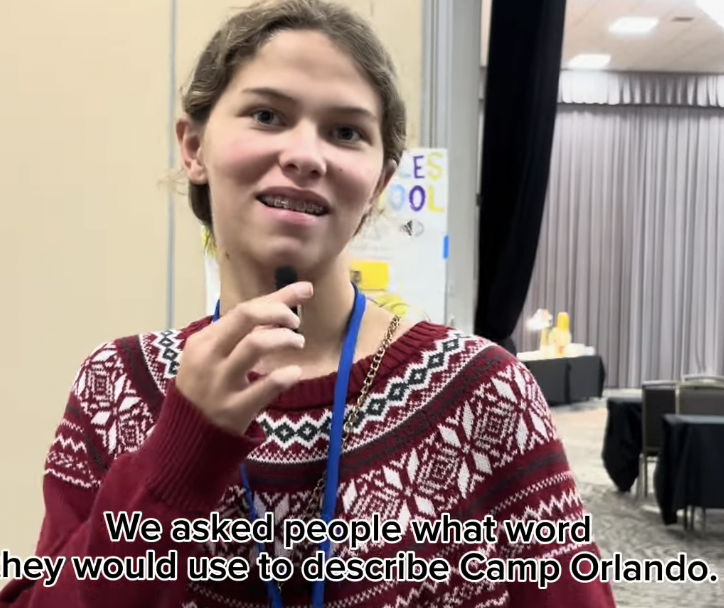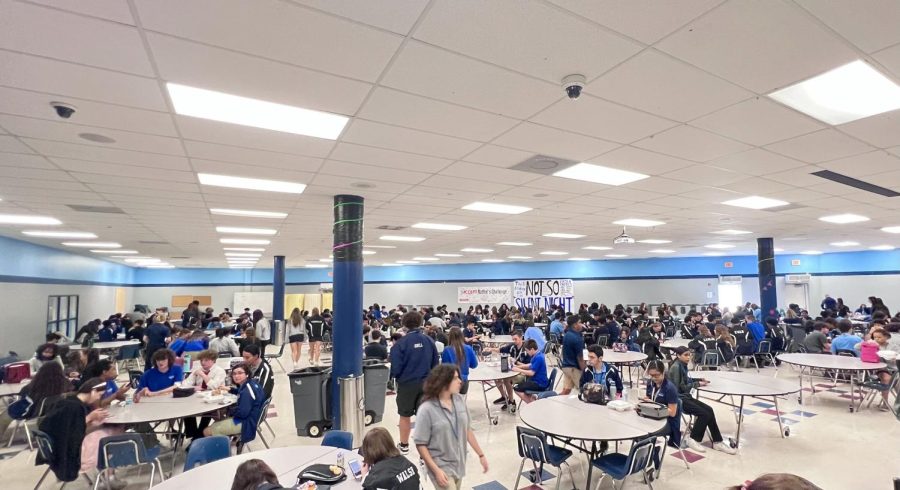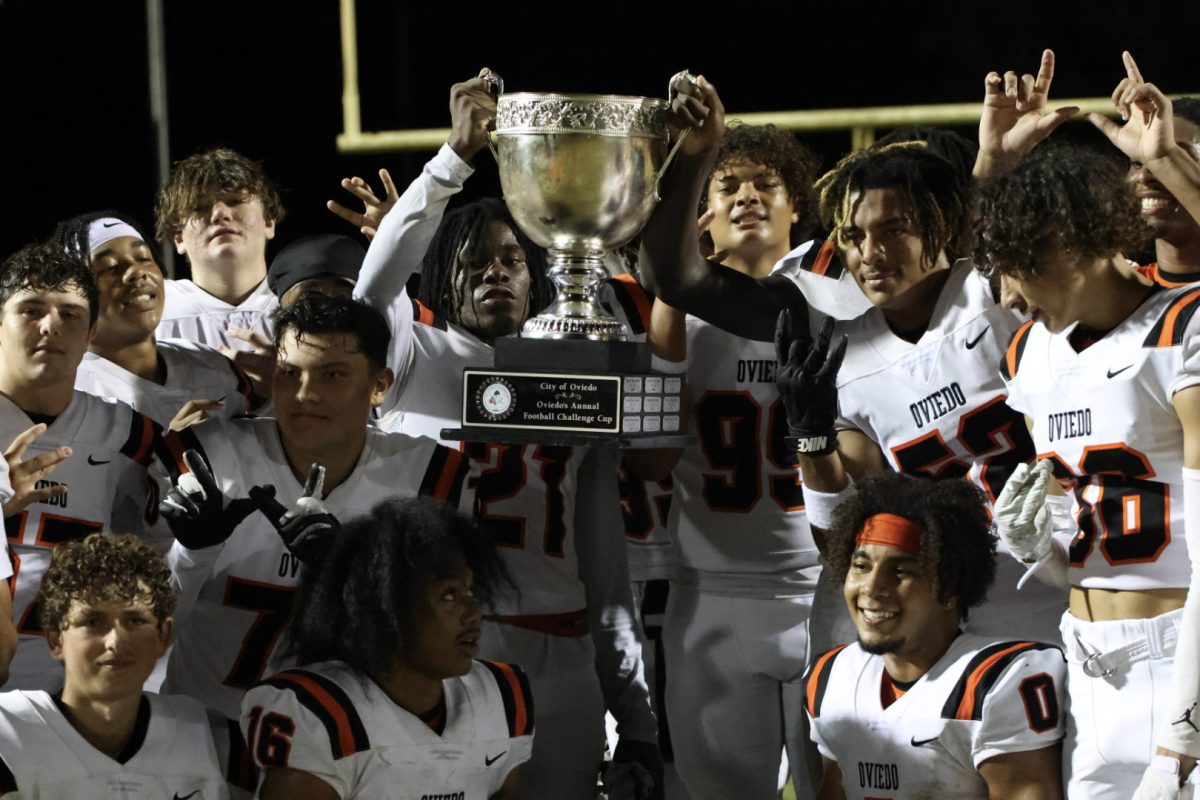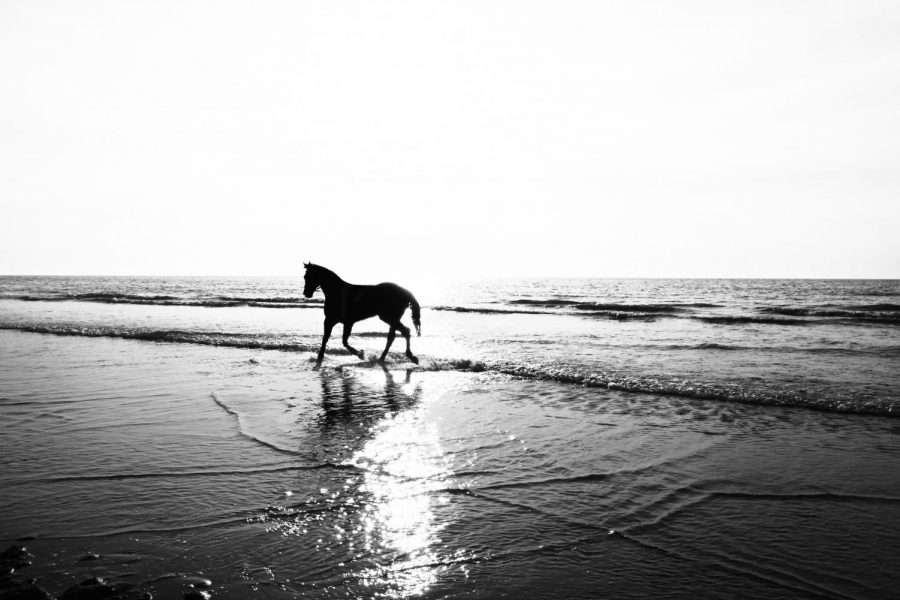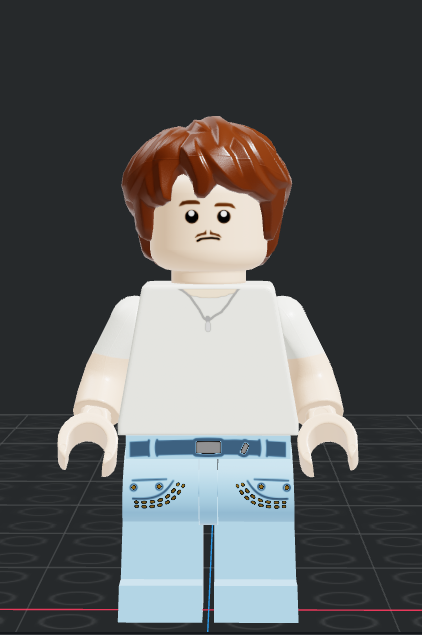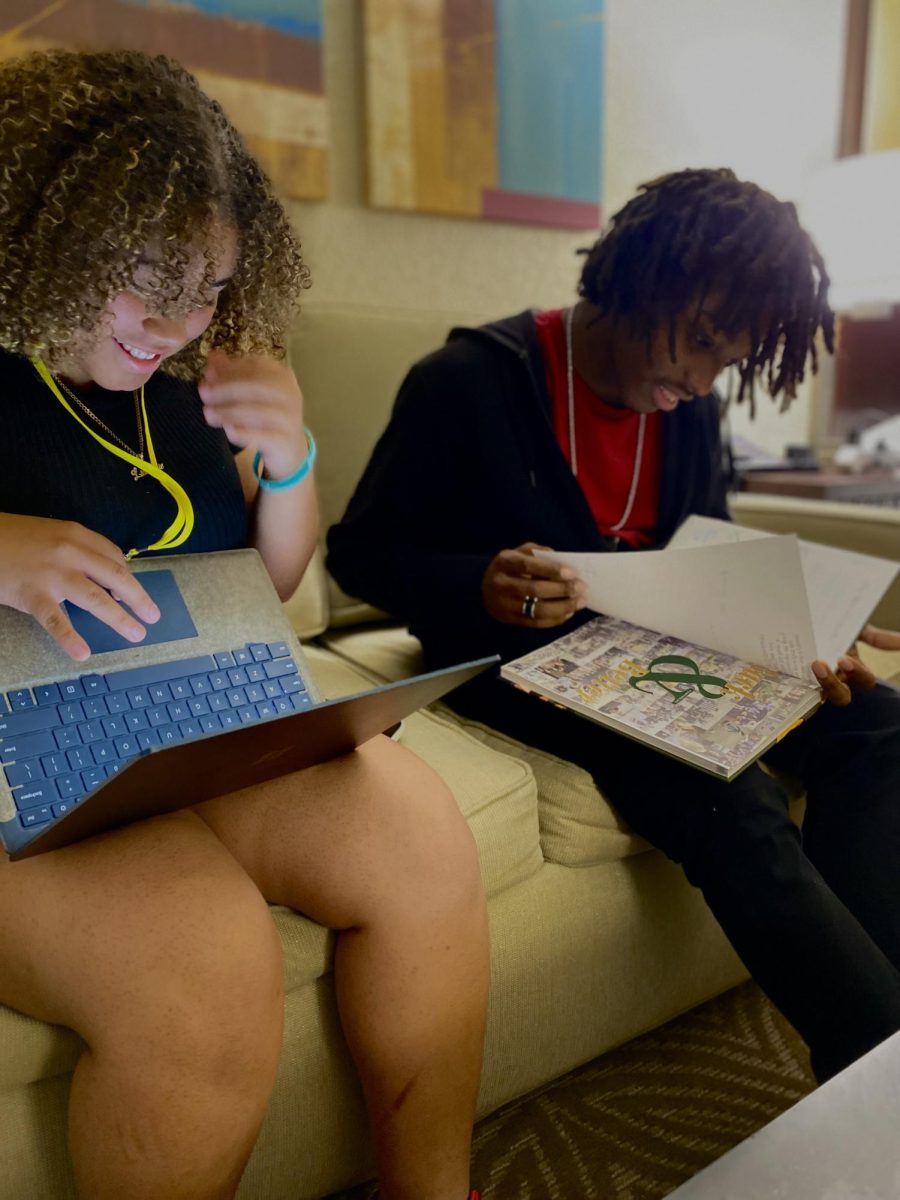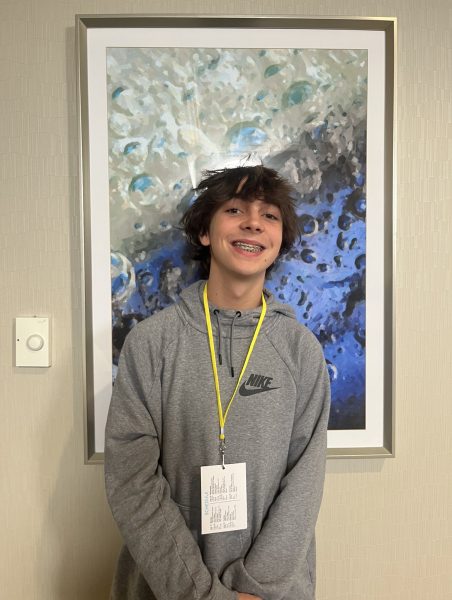Jean Mercius from Oak Ridge High came to Camp Orlando not knowing what to expect. As a new yearbook staffer who attends a predominantly black school, entering an environment that consists of white staff leaves him feeling like the odd man out.
“The first time I walked into my class I noticed that there were little to no Black people there,” Mercius said. “So it’s like when I walked in there, I got everybody staring at me. So it’s like, ‘Why this thing?’”
Camp Orlando’s goal is to improve attendees’ writing, design, photography, and computer skills. Schools from all parts of Florida to New York come to Camp Orlando. Although it’s an amazing organization, it still lacks diversity within staff and students which tends to lead students to feel discouraged.
“[An adviser] started treating me differently. She actually tried to explain some things to me and then proceeded to say, Oh, I’m sorry, I don’t speak Spanish. Do you understand me? And I found that kind of offensive,” Lidmarie Irizarry Reyes from Oak Ridge High said.
Schools with economically disadvantaged students don’t always get the opportunity to attend events like Camp Orlando and journalism doesn’t fall as one of their prioritized focuses. But when schools like Oak Ridge High and Evans, get those opportunities, they aren’t even taught the basics of how they can get their yearbooks sold.
“I need more schools that look like [us]—more schools that function the way we function,” Evans High’s Adviser Ayisha Varnadore said. “It just gives a wider spectrum of what is possible. And not just one view from one side and one type of school.”
Varnadore has attended Camp Orlando twice. This year she felt more comfortable knowing Oak Ridge High was attending because it allowed her to relate when it came to encouraging her students to purchase yearbooks.
Whereas high schools such as Lake Howell, Boone, or Hagerty have a higher socioeconomic status, those are issues that they’re not faced with in the same manner.
Amaya Tyler from Lake Howell High said. “[The camp’s] a little bit negative and it makes you feel like, ‘Oh, maybe I can’t do it. Or, I like this but there’s no one that looks like me’.”
Having staff who look like your non-typical student allows those same students to feel welcome in a place that they may feel otherwise. “There is no reference that I have heard or seen that addresses Title I schools. I think the assumption is that if you create a good product, people will buy it. But that’s not necessarily the case,” Varnadore said.
Students have expressed how they’ve learned from Camp Orlando but little things like having a more diverse camp encourage a more diverse audience. The lack of diversity at Camp Orlando has left participants of color unable to find their place.

